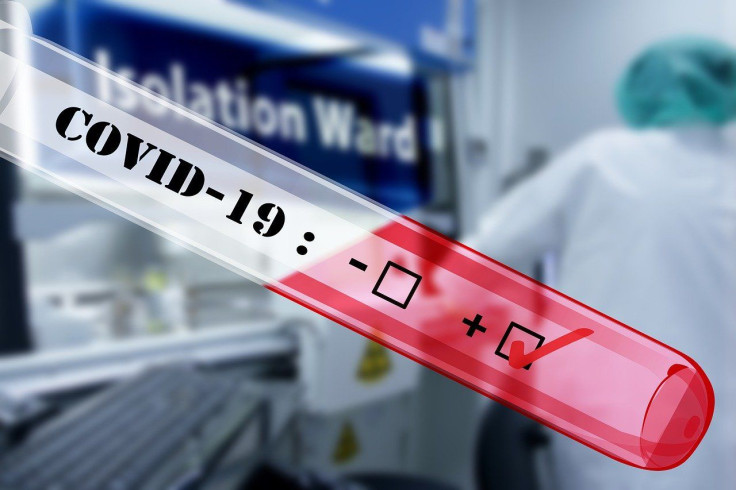COVID-19 Update: SARS-CoV-2 Antibodies Emerge Within 2 Weeks After Coronavirus Infection

A new report claimed, for most COVID-19 patients, the antibodies to SARS-CoV-2 emerge within 15 days after being infected with the deadly novel coronavirus.
As of now, the only available way to confirm the diagnosis of COVID-19 is the detection of SARS-CoV-2 viral RNA. But, serological testing offers faster turnaround time and the antibody response in these patients remains unknown.
Researchers from the National Clinical Research Center for Infectious disease, Shenzhen Third People’s Hospital and Southern University of Science and Technology in Shenzhen investigated the dynamics of various antibodies against SARS-CoV-2 in serial blood samples from over 170 patients with the coronavirus infection.
Here’s what they observed:
- Ab seroconversion emerged about 11 days after the disease onset, followed by IgM and IgG.
- The seroconversion rates for these antibodies were 93.1%, 82.7% and 64.7% for Ab, IgM, and IgG respectively.
- Within the first week of infection, the diagnostic sensitivity was much higher for RNA tests than for antibody testing.
- The combined use of antibody testing and RNA improved the diagnostic sensitivity for the first two weeks after COVID-19 onset
- The findings demonstrated that antibody tests have important diagnosis value alongside the RNA tests
- This acts as strong evidence for the routine application of serological antibody assays to diagnose and manage COVID-19 patients
"An important finding is that even IgM seroconversion is late (median = 12 days). Therefore, the use of antibody assay for diagnosis would have low sensitivity during the first 10 days after symptom onset. Currently, many commercially available COVID-19 antibody assays claim that they can be used for rapid diagnosis and this study clearly showed that this is not the case," Medscape Medical News quoted Dr. Kelvin from the University of Hong Kong.
The FDA has approved the first antibody test for COVID-19 and these tests can help identify people who have developed immunity to the virus. This would enable healthcare workers who are no longer at risk to return to work sooner. The antibodies might be present in those who have been infected but never exhibited any symptoms. But those with weakened immune systems might not make these antibodies properly, mentioned the Healthline.
© Copyright IBTimes 2025. All rights reserved.






















